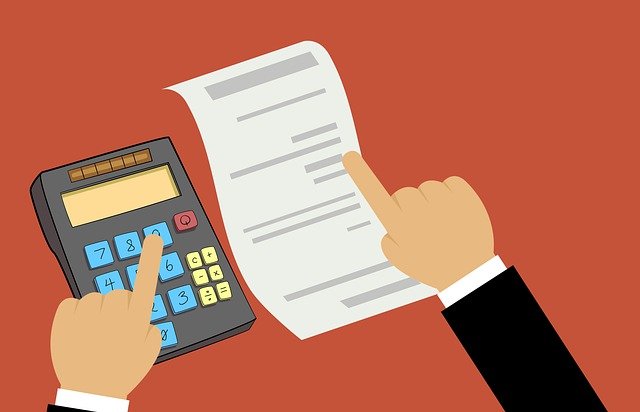Is your business’s balance sheet in disarray? Regardless of the size of your business, or the industry in which it works, you may want to use a balance sheet to track its financial health. Balance sheets, of course, are accounting documents that list all of a business’s assets, liabilities and shareholders’ equity for a given period. It’s essentially a snapshot of your business’s financial health. By improving your business’s balance sheet, your business’s financial health will improve in the process.
How to Improve Your Business’s Balance Sheet
Negotiate Better Terms for Accounts Payable
You can improve your business’s balance sheet by negotiating better terms for accounts payable. Accounts payable, of course, are monetary obligations. They consist of money owed by your business to a vendor, supplier or other organization. When dealing with vendors and suppliers, don’t be afraid to negotiate better terms. Doing so will result in a better balance sheet with less debt.
 Collect Unpaid Invoices
Collect Unpaid Invoices
Another tip to improve your business’s balance sheet is to collect unpaid invoices. Technically speaking, unpaid invoices are classified as assets on balance sheets. Nonetheless, they can still harm your business’s financial health — assuming customers or clients don’t pay them. Statistics show that unpaid invoices cost small businesses roughly $84,000.
Consider Factoring
Speaking of unpaid invoices, you may want to consider factoring to improve your business’s balance sheet. Factoring is an alternative financing method. It involves selling some or all of your business’s unpaid invoices to a private financial institution known as a factoring company. The factoring company will purchase the unpaid invoices from your business, after which it will contact the customers or clients to collect the money owed.
Pay Down Debt
Don’t underestimate the importance of paying down your business’s debt. Most businesses carry at least some amount of debt. Accounts payable, for instance, is debt. Loans are also debt. All forms of debt are classified as liabilities on your business’s balance sheet. For a healthy balance sheet, you need to reduce your business’s liabilities and increase its assets. Paying down your business’s debt will result in a lower amount for your business’s liabilities, thus promoting a healthier balance sheet.
 Lower Overhead Costs
Lower Overhead Costs
Overhead costs can affect your business’s balance sheet. The higher your business’s overhead costs, the lower its total assets will be. You can’t always avoid overhead costs. Like debt, most businesses have overhead costs. You can lower them, though, to achieve a healthier balance sheet.
This article was brought to you by�Intrepid Private Capital�Group�� A Global Financial Services Company. For more information on startup and business funding, or to complete a funding application, please visit our�website.









+ There are no comments
Add yours